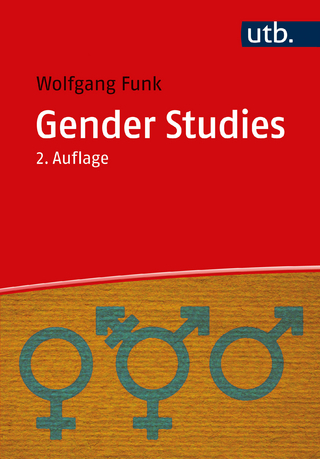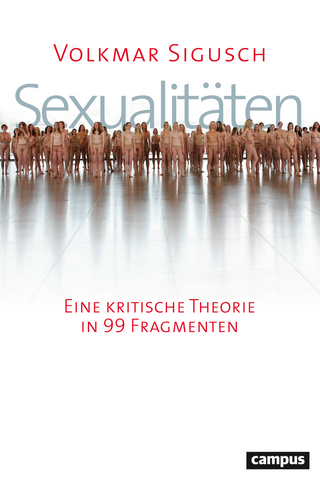
Negotiating Dissidence
The Pioneering Women of Arab Documentary
Seiten
2018
Edinburgh University Press (Verlag)
978-1-4744-3755-4 (ISBN)
Edinburgh University Press (Verlag)
978-1-4744-3755-4 (ISBN)
Traces the very beginnings of Arab women making documentaries in the Middle East and North Africa (MENA), from the 1970s and 1980s in Egypt and Lebanon, to the 1990s and 2000s in Morocco and Syria.
In spite of harsh censorship, conservative morals and a lack of investment, women documentarists in the Arab world have found ways to subtly negotiate dissidence in their films, something that is becoming more apparent since the 'Arab Revolutions'. In this book, Stefanie Van de Peer traces the very beginnings of Arab women making documentaries in the Middle East and North Africa (MENA), from the 1970s and 1980s in Egypt and Lebanon, to the 1990s and 2000s in Morocco and Syria.
Supporting a historical overview of the documentary form in the Arab world with a series of in-depth case studies, Van de Peer looks at the work of pioneering figures like Ateyyat El Abnoudy, the 'mother of Egyptian documentary', Tunisia's Selma Baccar and the Palestinian filmmaker Mai Masri. Addressing the context of the films' production, distribution and exhibition, the book also asks why these women held on to the ideals of a type of filmmaking that was unlikely to be accepted by the censor, and looks at precisely how the women documentarists managed to frame expressions of dissent with the tools available to the documentary maker.
In spite of harsh censorship, conservative morals and a lack of investment, women documentarists in the Arab world have found ways to subtly negotiate dissidence in their films, something that is becoming more apparent since the 'Arab Revolutions'. In this book, Stefanie Van de Peer traces the very beginnings of Arab women making documentaries in the Middle East and North Africa (MENA), from the 1970s and 1980s in Egypt and Lebanon, to the 1990s and 2000s in Morocco and Syria.
Supporting a historical overview of the documentary form in the Arab world with a series of in-depth case studies, Van de Peer looks at the work of pioneering figures like Ateyyat El Abnoudy, the 'mother of Egyptian documentary', Tunisia's Selma Baccar and the Palestinian filmmaker Mai Masri. Addressing the context of the films' production, distribution and exhibition, the book also asks why these women held on to the ideals of a type of filmmaking that was unlikely to be accepted by the censor, and looks at precisely how the women documentarists managed to frame expressions of dissent with the tools available to the documentary maker.
Stefanie Van de Peer is Associate Research Fellow for an AHRC project on Transnational Moroccan Cinema at the University of Exeter.
| Erscheinungsdatum | 20.09.2018 |
|---|---|
| Zusatzinfo | 16 B/W illustrations |
| Verlagsort | Edinburgh |
| Sprache | englisch |
| Maße | 156 x 234 mm |
| Themenwelt | Kunst / Musik / Theater ► Film / TV |
| Kunst / Musik / Theater ► Theater / Ballett | |
| Sozialwissenschaften ► Soziologie ► Gender Studies | |
| ISBN-10 | 1-4744-3755-9 / 1474437559 |
| ISBN-13 | 978-1-4744-3755-4 / 9781474437554 |
| Zustand | Neuware |
| Haben Sie eine Frage zum Produkt? |
Mehr entdecken
aus dem Bereich
aus dem Bereich
wie sich das weibliche Gehirn jetzt verändert und Sie diese neue …
Buch | Hardcover (2023)
Mosaik (Verlag)
24,00 €
eine kritische Theorie in 99 Fragmenten
Buch | Softcover (2023)
Campus (Verlag)
40,00 €


